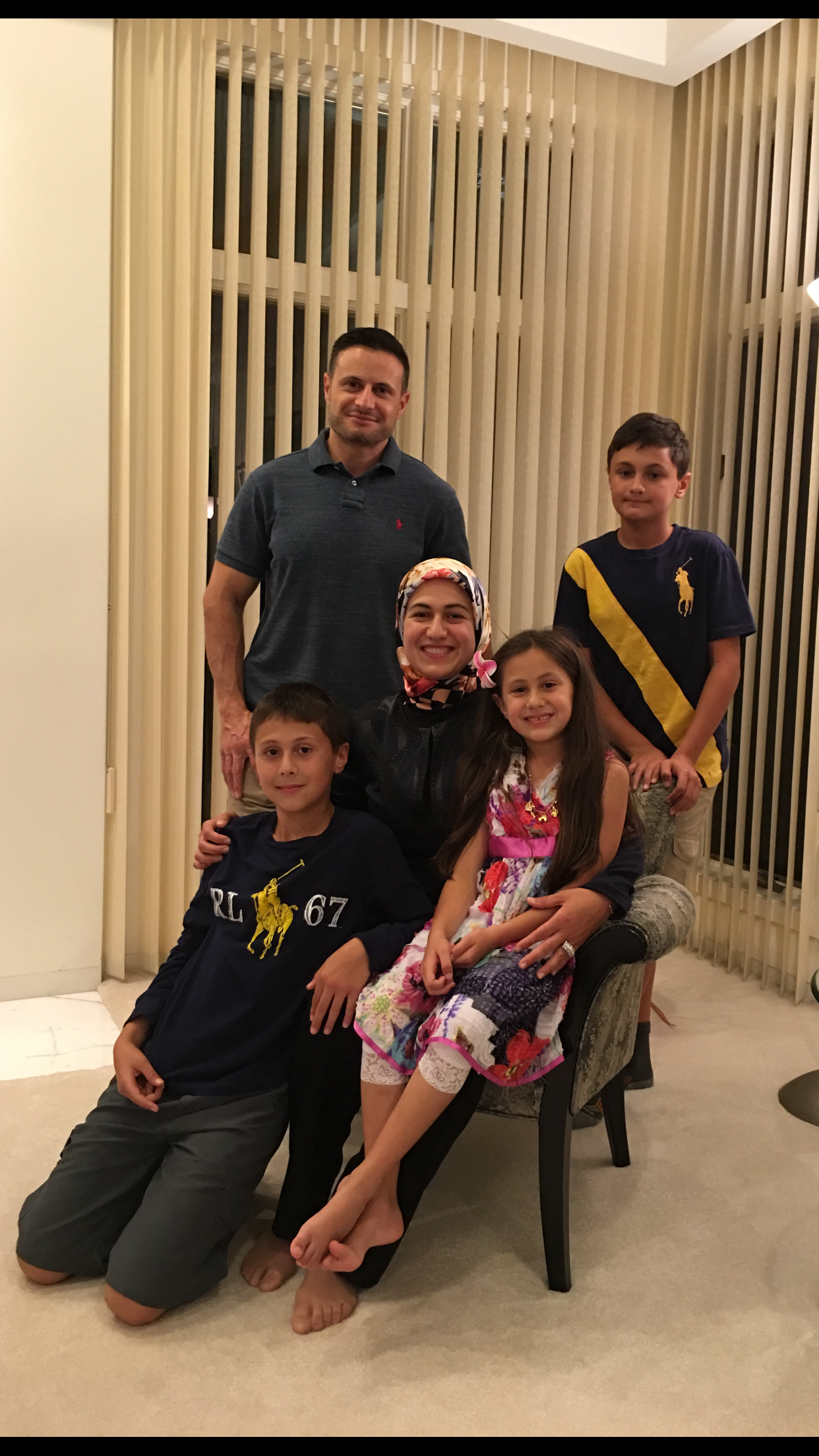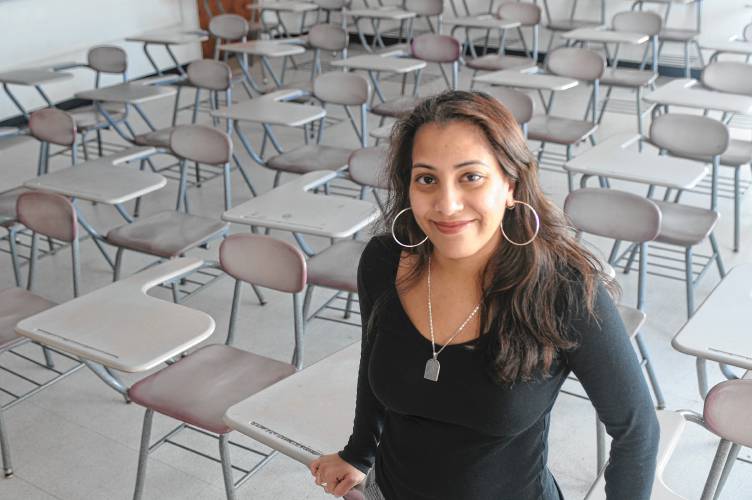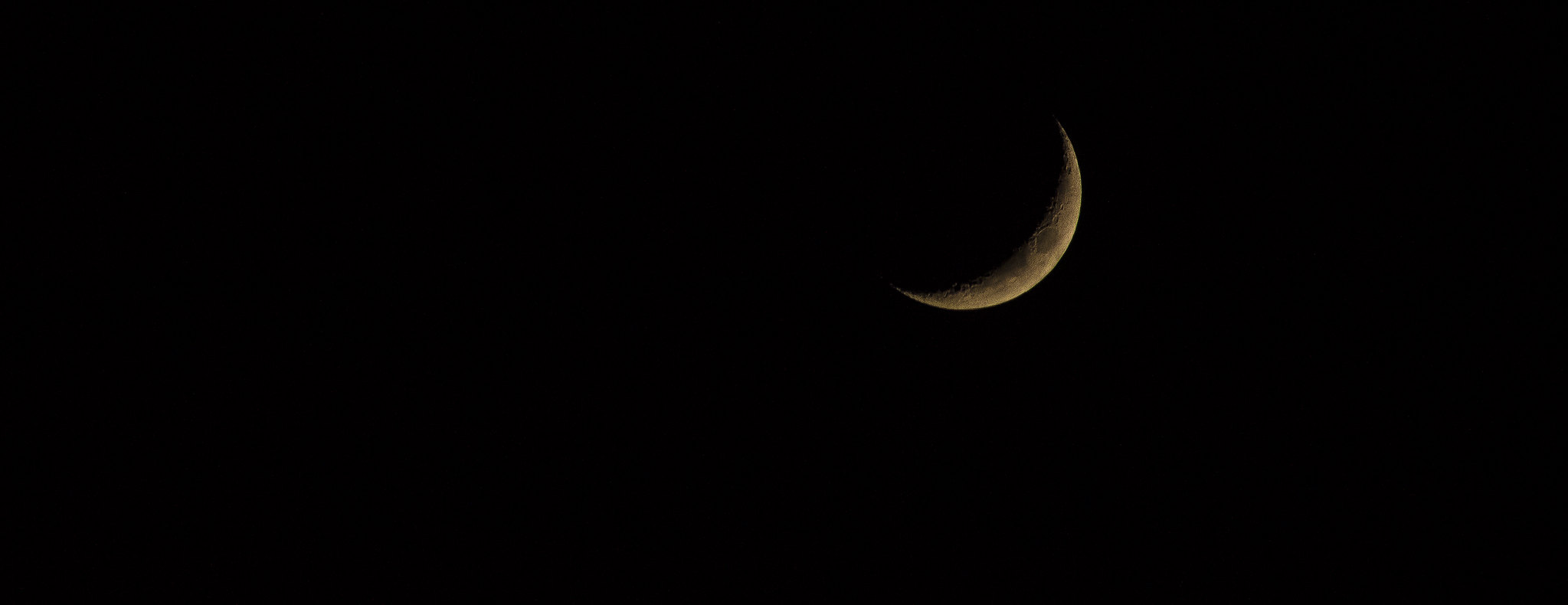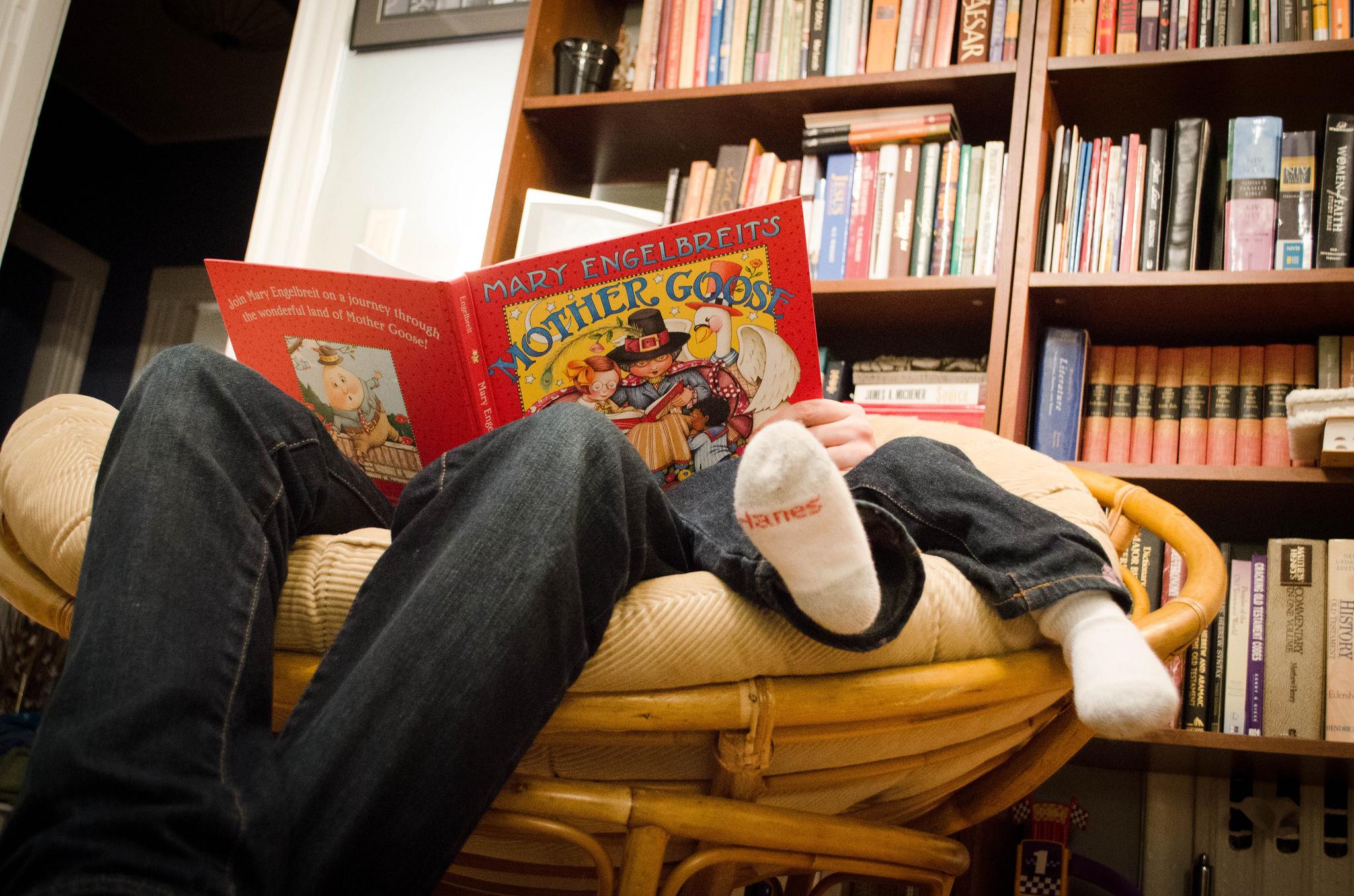I am a Syrian American mom of three children living in Michigan, and I always felt I had an obligation to serve those in need, especially children. Once I learned of the reality of Muslim children in foster care and the lack of Muslim homes licensed to care for these children, I knew I had to become a foster parent. I felt these children are no different than my own children and I had an obligation to them. I was told there were many Muslim children in foster care in the United States, domestic and refugee, who had requested Muslim homes as their preference.
However, unfortunately, because there are very few licensed Muslim foster homes, many of the Muslim foster kids are placed with families of other faiths.
Foster care agencies do their best to place foster children in homes that would be the best fit for the children. However, Muslim children are rarely, if ever, placed in Muslim homes.
Of course, we had some apprehensions moving forward with the licensing process. Our biggest concern was how our children would respond to such a significant change in our lives. After a lot of prayer and consideration, my husband and I decided to move forward with the licensing process in the fall of 2014. We put our faith completely in Allah. We relied on tawakul and had faith that Allah would guide us and put ease in our efforts to fulfill our communal obligations. We used Samaritas (formerly LSSM) as our licensing agency because of their refugee foster care program. We were really motivated and were able to complete the licensing process in 3 months.
Before we even received our license in the mail, our licensing worker knew Amina (a fictional name, to protect Amina’s privacy) would be a good fit for our family. Amina is a refugee foster youth originally from Africa. She had been living in another city with another family but she had consistently requested a Muslim foster family to match her Islamic faith. Arrangements were made for her to move to our home and has currently been with our family for a year and a half.
Fostering is a change for the entire family and a time commitment. There is a real change in the family structure and dynamics.
This was an especially significant change for my three young children (ages 6-11). They needed reassurance that their family stability and their place in the family had not changed. My children had to adjust to our relative’s, and even community’s, reaction to us being a foster family.

Our lives with Amina have been full of new experiences for our family and for her. We have taken family trips, celebrated holidays, and so much more. Amina has shown incredible progress academically, physically, and emotionally. Her teachers adore her and go the extra mile to make sure she succeeds. I love that my children are exposed to a culture different than our own and get a glimpse of how people live in other parts of the world. I am certain this will be a life lesson for my children and increase their compassion and generosity for people everywhere.
Ramadan was an especially difficult time for Amina when she lived with her previous foster family. Now during Ramadan, Amina is able to fast with us, go to Taraweeh prayers with us, celebrate Eid with us, and be in an environment that fosters her continued spiritual growth.
During our journey of becoming licensed and welcoming our foster daughter, we were in many ways alone. The limited resources available in our Muslim communities did very little to support us and guide us. I was able to connect with another Muslim (domestic) foster parent, Sameena, and form my own personal support system. Through this relationship, Sameena and I recognized the need for supporting Muslim foster families and Muslim foster children.
For this reason, we launched the Muslim Foster Care Association, a 501c3 non-profit dedicated to supporting Muslim foster families and Muslim foster children, raising awareness about foster care, and networking with other organizations to bridge the gap for the Muslim foster children.
There are lists of Muslim foster children, domestic and abroad, that are currently waiting for licensed foster homes to welcome them. It is our communal responsibility to care for these children and ensure their deen is nurtured. For those who cannot commit to being a licensed foster parent, there are many ways to help support foster children, whether it is by mentoring, tutoring, helping with transportation, or simply welcoming and including them in our communities. Please feel free to reach out to me if you are interested and have questions about the process.
Ranya Shbeib is one of the co-founders of the Muslim Foster Care Association, an organization which raises awareness for the growing need for Muslim foster parents and mentors, and provides support and resources to Muslim foster children and their caregivers. Ranya can be reached at rshbeib@gmail.com for any questions.





Amazing. Thank you for sharing your experience and being a walking talking inspiration to all of those around you. May God reward you for the love and generosity you radiate.
Thank you for sharing. I love Ranya and I’m proud to call her a friend. I know the regulations vary per state, is it possible to get guidance on how to approach different states who may approach these processes very differently?
Does Amina observe hijab in the home? Do you leave her alone with your sons?
Did u offer help. But you ready to stand in judgement.